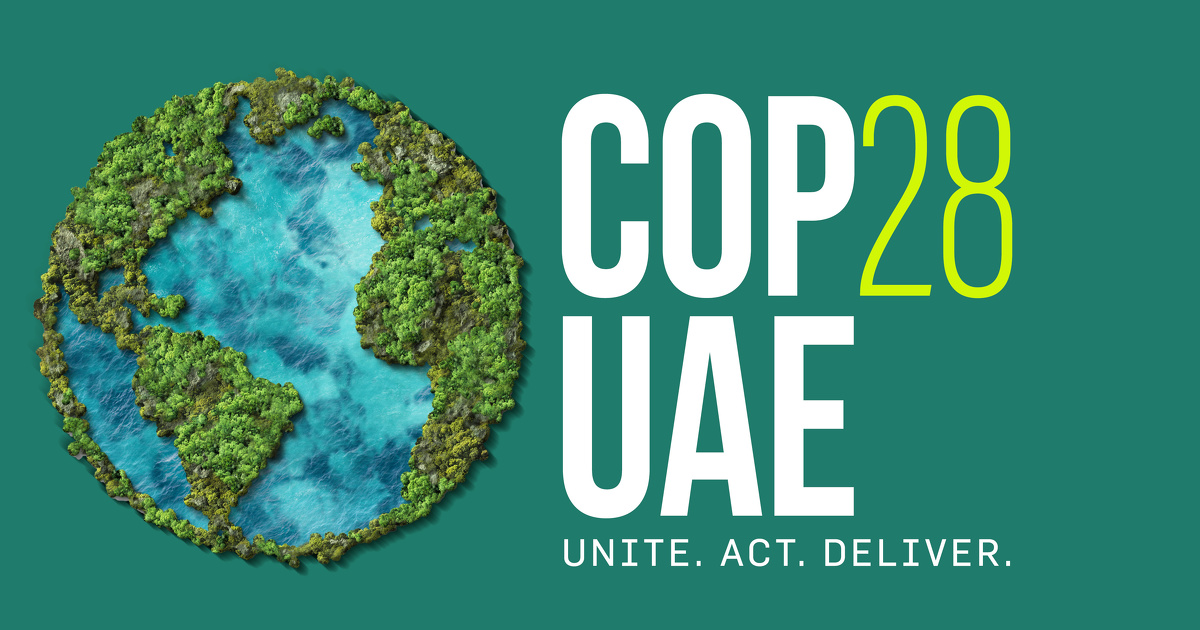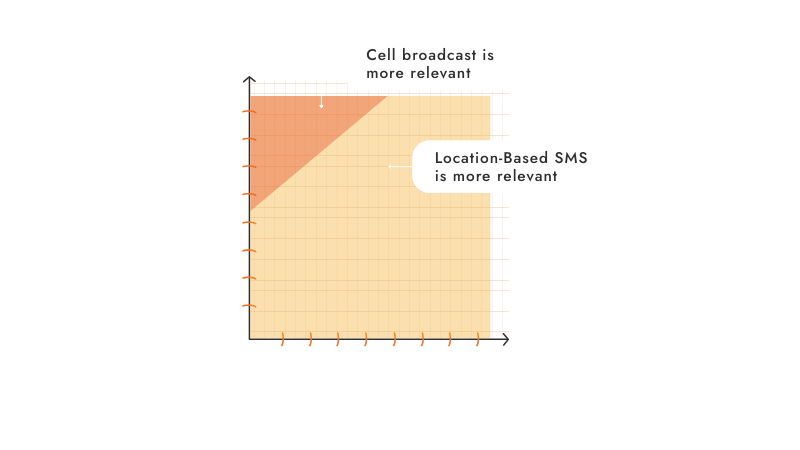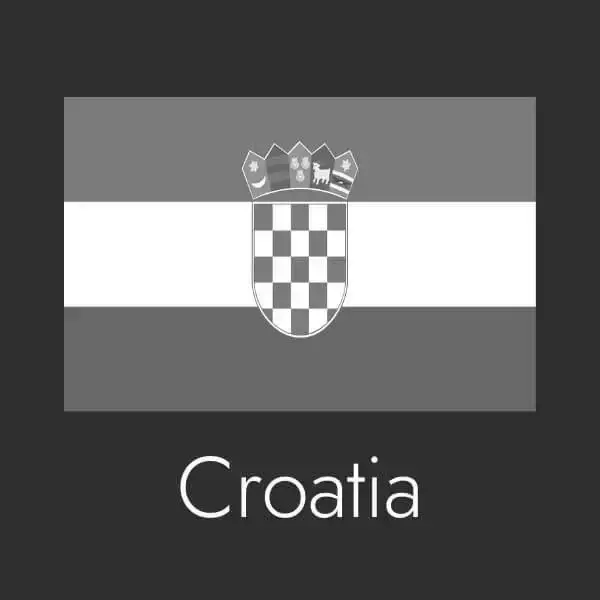During COP28, global leaders, including WMO, ITU, and GSMA, led a session on "Digital connectivity and technologies for Early Warnings for All Initiative", aiming to spotlight the commitments made by the mobile and satellite industries to support the multi-channel dissemination of alerts. The speakers actively recognized the critical role of public alerting systems concerning climate challenges, demonstrating a tangible dedication to global community resilience.
The initiative's objective is clear: improve the effectiveness of early warning systems globally, ensuring informed and prepared responses to climate-related threats. Aligned with broader climate priorities, it leverages digital technologies for societal benefit.
Collaboration among international organizations highlights the necessity of a collective, interdisciplinary approach to meet the initiative's ambitious goals. This commitment signifies a shared responsibility for a safer, more resilient future, transcending geographical and sectoral boundaries.
Here are the main takeaways from the event regarding emergency alerts:
- Collaborative commitment: Telco industry leaders, such as Telefonica, MTN, and Globe collaborated to support the development of early emergency alert systems, fostering collective efforts within the broader mobile ecosystem. The commitment also emphasizes cross-sector stakeholder collaboration, promoting the exchange of expertise and best practices for comprehensive protection across various sectors.
- Technological advancements: COP28 spotlighted the pivotal role of digitization in early warnings. Technologies like location-based SMS and cell broadcast were highlighted for their effectiveness in delivering geographically targeted alerts, contributing to a robust multi-channel system.
- Research contributions: Ongoing research, exemplified by exploration into cell-broadcast technology, demonstrated innovative approaches enabling unidirectional communication between mobile network infrastructure and handsets, enhancing the efficacy of early warning dissemination.
Digitization represents a significant leap forward in the quest for widespread early warnings, strengthening global initiatives to bolster public safety. The integration of digital technologies and innovative solutions showcased during the conference underscores a collective commitment to leveraging the power of information and communication technologies to protect communities worldwide.
By prioritizing the implementation of advanced early warning systems, COP28 participants have demonstrated a shared dedication to proactively addressing climate-related challenges and environmental risks. This pivotal shift towards digitization enhances the effectiveness of early warning mechanisms and fosters a more resilient and prepared global community, better equipped to mitigate the impacts of climate change and ensure the well-being of individuals and societies around the world.
GSMA's full article provides a comprehensive overview of these discussions around digitization and their implications.
 Early warning systems take center stage at COP28" />
Early warning systems take center stage at COP28" />

.jpg)









.webp)


.webp)




















